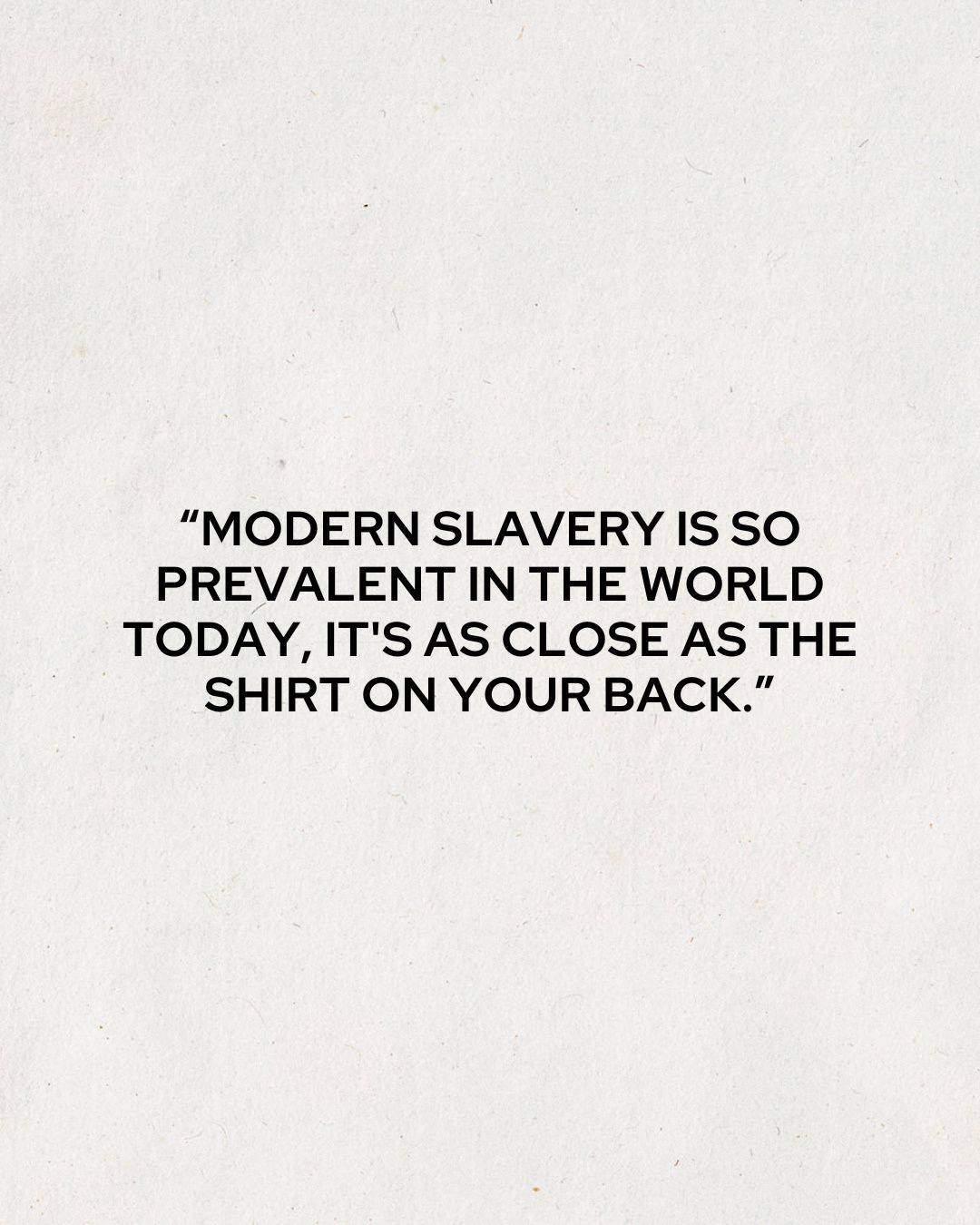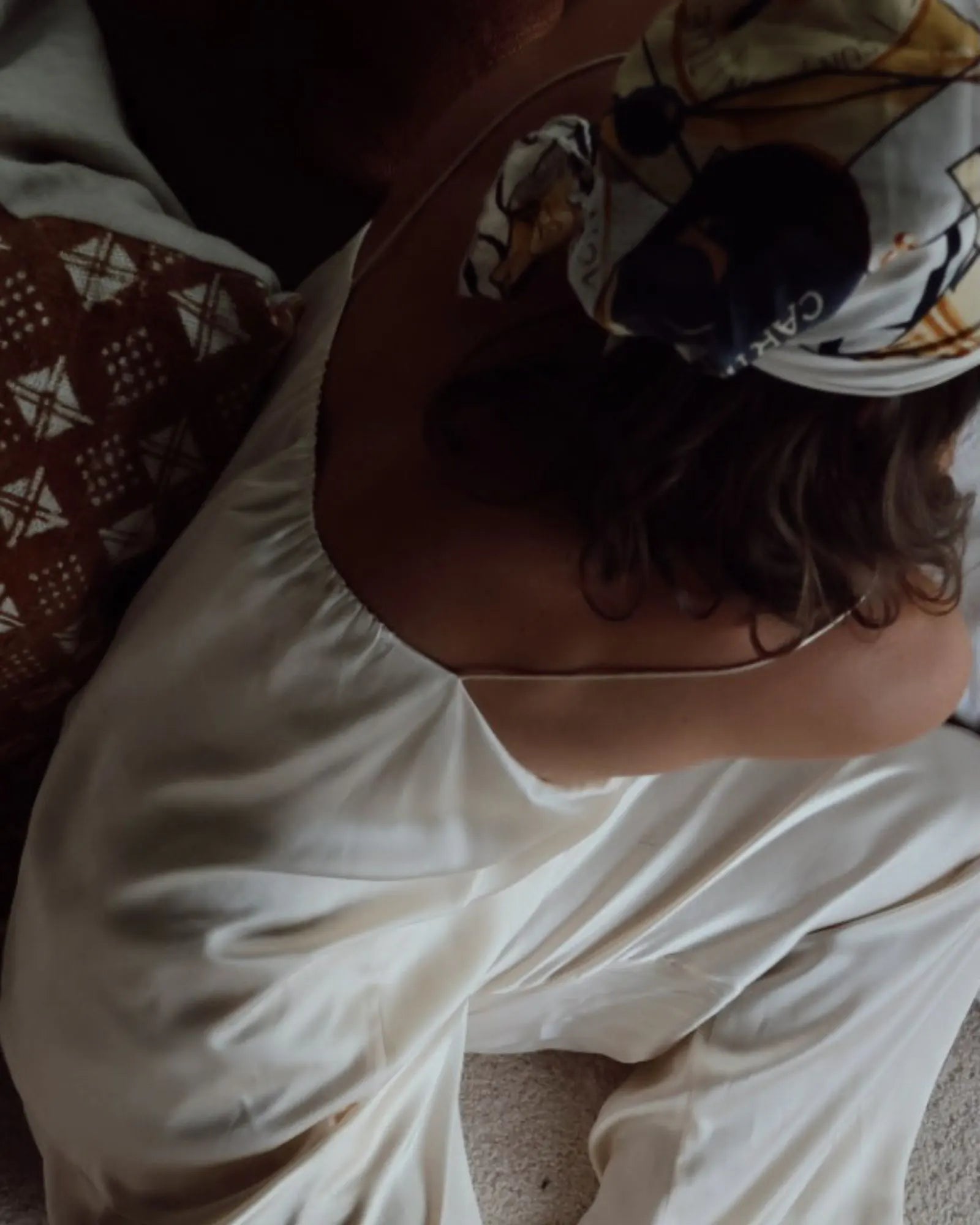The Global Slavery Index (GSI), is the world’s most comprehensive dataset on measuring and understanding modern slavery. It measures the prevalence of modern slavery in over 160 countries and analyses how each of those governments responds to modern slavery (which includes forced labour, forced marriage, debt bondage, and state-imposed forced labour). It is a tool for both accountability and actions for governments and key industries, to better understand where exploitation is happening in their region and in the world.
When Walk Free was founded over a decade ago, the term ‘modern slavery’ was rarely used by leaders and was even illegal in some contexts. Now in its fifth edition, the GSI is used to inform international law, shape regional and national legislation to protect workers, influence business and investor behaviour to hold leaders accountable, and empower people with lived experience.
With each edition of the GSI, our understanding of modern slavery grows more accurate and comprehensive. While still largely misunderstood, modern slavery is increasingly part of consumer, policy and industry conversations.
Critically, the GSI includes the expertise of survivors of modern slavery, to inform the way people think and the way governments and businesses act in relation modern slavery. Without this benchmarking tool, governments, industries, and companies would still be able to operate with relative opaque immunity.









